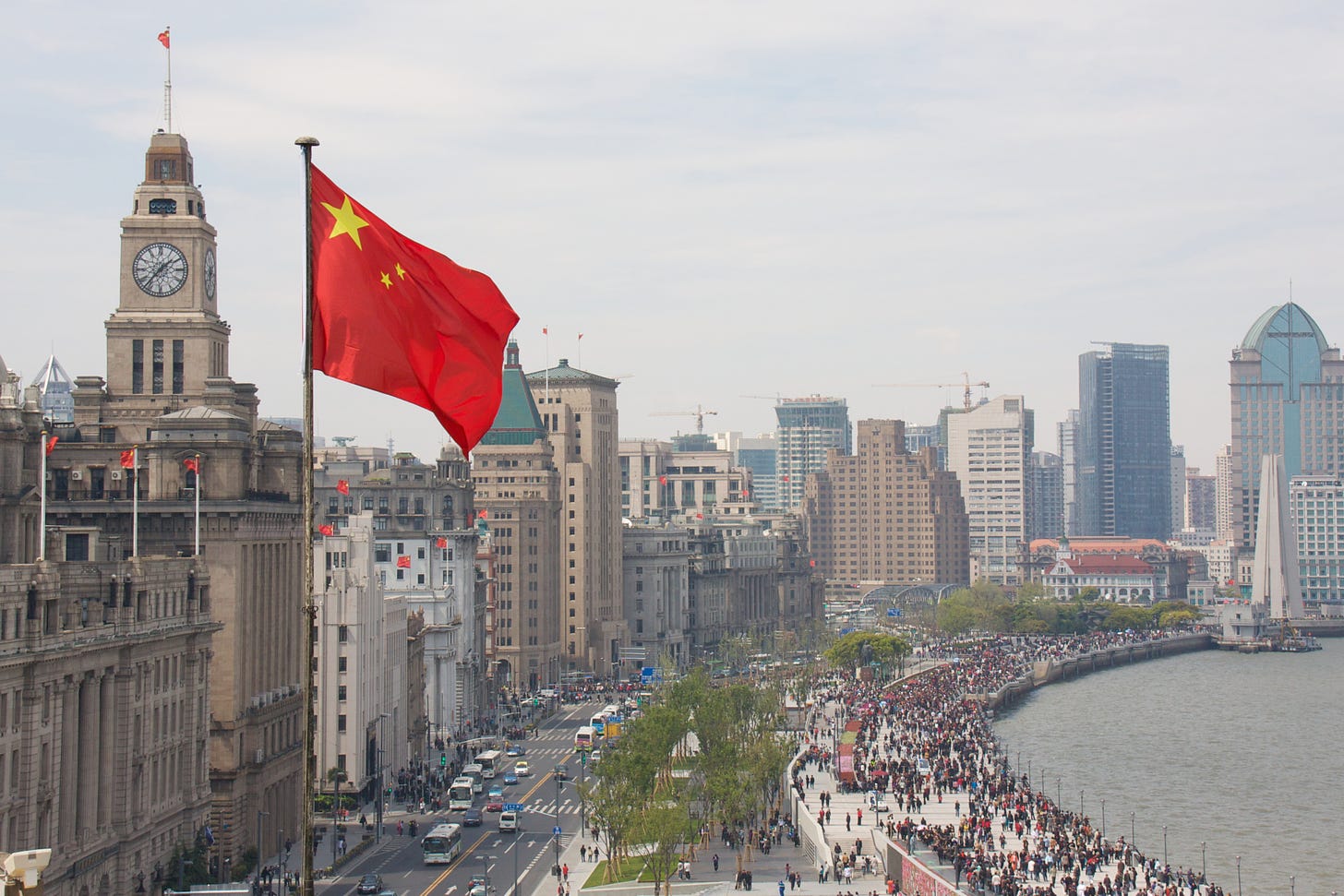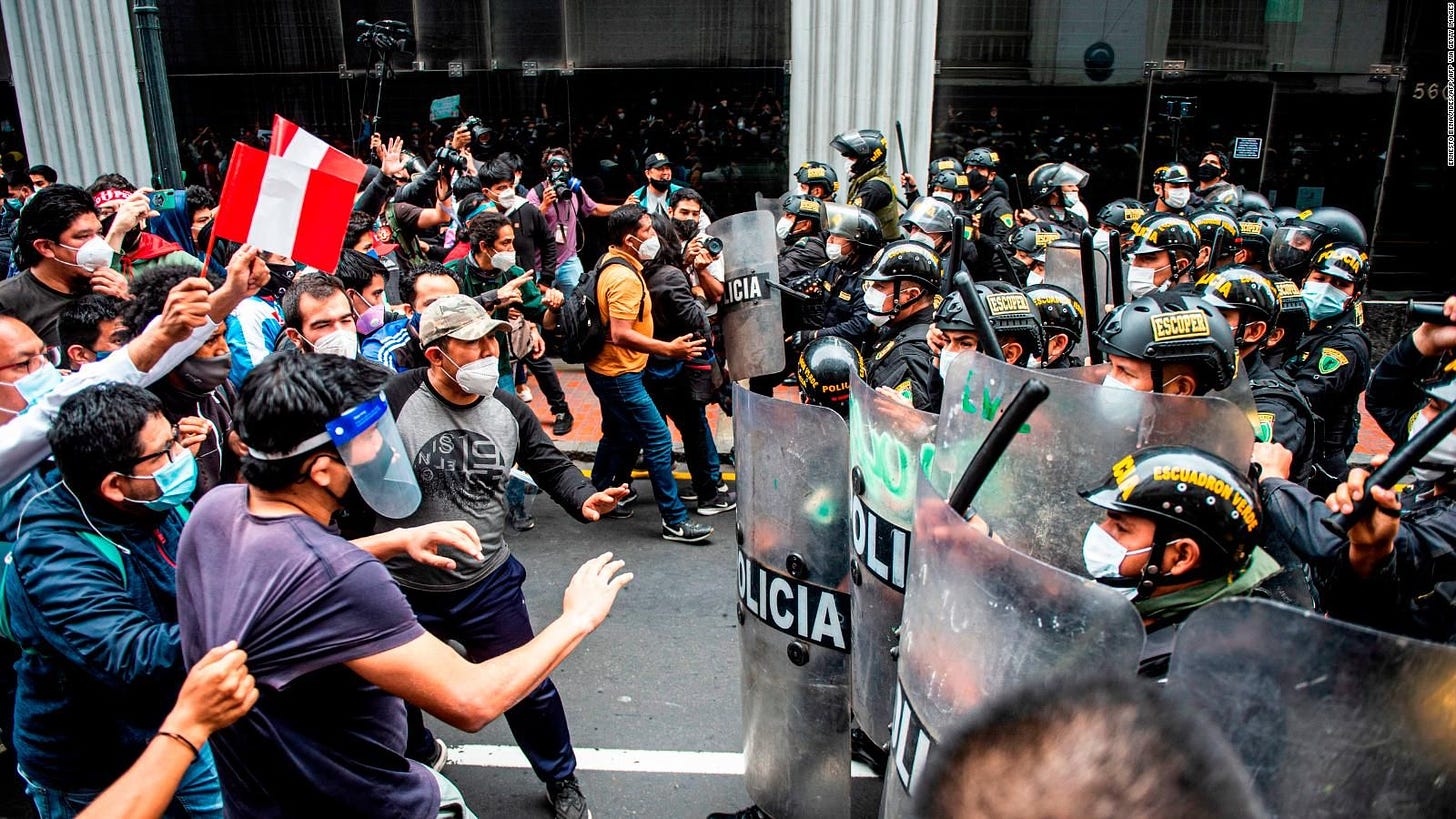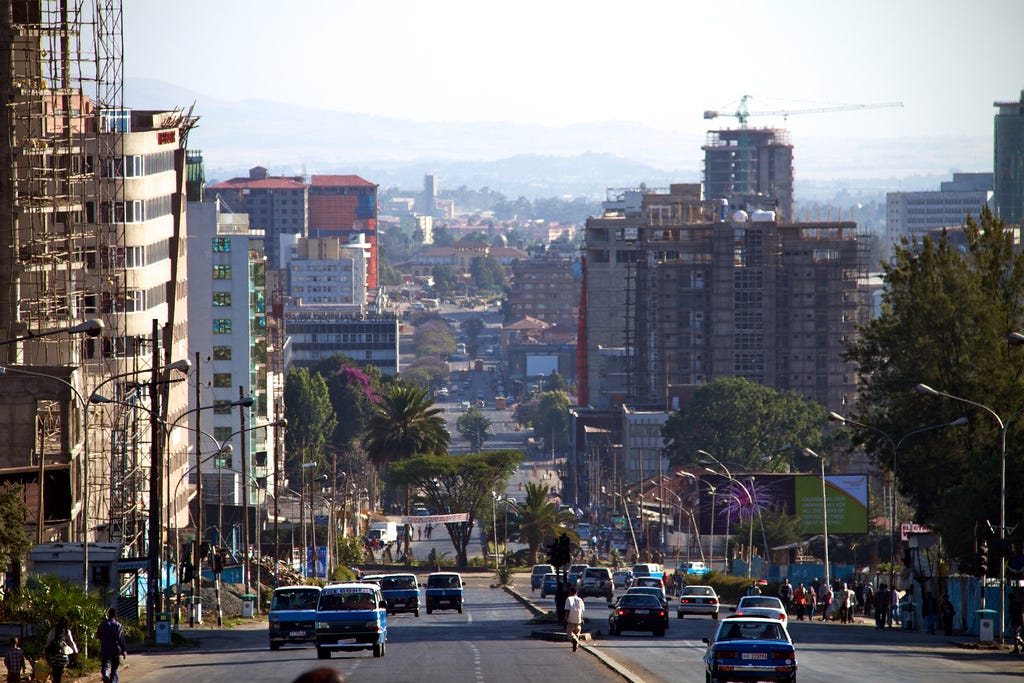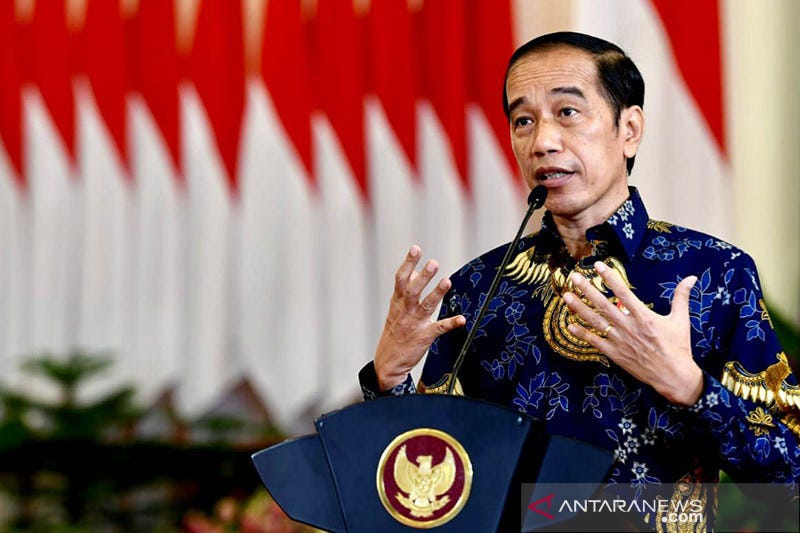Emerging Markets Monitor - January 16
China Re-Opening Mixed Blessing for EM, IMF on Global 'Fragmentation', Peru State of Emergency, Ethiopia Economy in Peril, Jokowi Says: No Mineral Exports
The Top 5 Stories Shaping Emerging Markets from Global Media - January 16
China Re-Opening Is a Mixed Blessing for EM Assets
Bloomberg
“The China reopening story has emerged as global investors’ top hedge against a US recession, but caution is growing that its exact impact could vary across asset classes.”
“For stocks, it’s a boost as it promises to raise consumer demand, improve corporate cash flows and revive trade volumes. For currencies, however, it could be a drag by reducing real yields via inflation, pressuring China’s current account and delaying a policy pivot by the Federal Reserve. For bonds, it’s a mixed offering.”
“The nation’s easing of the Covid Zero policy and stimulus to revive growth have sent Hong Kong-listed Chinese stocks to the best start to a year since 2006, the yuan to a six-month high and its bonds toward a third monthly rally. It has also sparked gains across emerging markets, from the Thai baht to South African rand and Brazilian stocks. Projections show the second-biggest economy may grow at 4.8% in 2023, compared with a 0.4% expansion in the US and 0.1% in the European Union.”
“‘The China reopening story will be the key driver of emerging-market sentiment, bringing positive spillovers especially to regional economies and global commodity suppliers,’ said Galvin Chia, a currency strategist at NatWest Markets in Singapore. ‘China on the way up at a time when the US and the Eurozone are on the way down is definitely a source of optimism as it will partially offset the demand slowdown.’”
“Developing-nation stocks and currencies have made the strongest start to a year since the 1990s, and bonds are posting the best gains in more than a decade, as investors who stayed on the sidelines during China’s pandemic struggles are coming back. GAMA Asset Management turned bullish on emerging markets last month. Fidelity International, which was bearish for most of the past year, is now overweight the assets, favoring China and Latin America.” Karl Lester M Yap reports.
IMF Warns Unraveling Economic Ties Could Shrink Global Output
Wall Street Journal
“Declining international cooperation and commerce could shrink the global economy, particularly harming low-income countries, the International Monetary Fund said in a new study.”
“The report cited several ways that government policies are driving a reversal of global economic integration, such as by restrictions on trade, immigration and cross-border capital flows. The authors labeled this process geo-economic fragmentation and warned it could lower global gross domestic product by up to 7% over an unspecified ‘long-term’ period.”
“If technology sharing is also restricted, the losses would be even greater, from 8% to 12%, in some, mostly lower-income and emerging economies, said the staff report, released Sunday.”
“This could undo the economic globalization of recent decades that the IMF said has reduced poverty in developing countries and delivered lower prices to low-income consumers in advanced economies.”
“‘The global economy may be on the brink of a reversal of the steady increase in integration that characterized the second half of the 20th century,’ the multilateral lender said in its analysis. ‘While fragmentation may entail strategic advantages for some countries in selected cases, it is very likely to involve significant economic costs in the aggregate.’”
“…The IMF concluded that the Covid-19 pandemic and Russia’s invasion of Ukraine further strained trade ties that were tested by a shallow and uneven recovery from the 2008 financial crisis as well as the U.K.’s exit from the European Union and continuing trade tensions between Washington and Beijing.” WSJ reports.
Peru Declares State of Emergency in Lima After Protests
Financial Times
“Peru has declared a state of emergency in the capital Lima and three other regions as protests against President Dina Boluarte spread around the country. More than 42 people have been killed during the unrest triggered by the ousting and arrest of leftist former president Pedro Castillo in early December, after he attempted to close Congress ahead of a vote on his impeachment.”
“The state of emergency, which will last for 30 days, grants the military powers to restore order and limits rights to movement and assembly. The port of Callao, just outside Lima, and the southern provinces of Puno and Cusco are also covered by the measures announced late on Saturday night, following the completion of a 30-day nationwide state of emergency that began last month.”
“…Attempting to quell the discontent, Boluarte — who served as Castillo’s vice-president and hails from the same leftwing party — has previously pledged to bring elections forward from 2026 to April 2024. She lost several ministers this week in the fallout from the violence.”
“On Friday, she apologised for the bloodshed during the protests, but rejected protesters’ calls for her resignation. ‘Some voices from violent and radical factions are asking for my resignation and provoking the population into chaos, disorder and destruction,’ she said in a televised address. ‘I will not resign. My commitment is with Peru.’
“Peru is no stranger to political dysfunction, having had six presidents since early 2018. The economy, driven by mining exports, has largely remained healthy. But the bloodshed of the current protests marks some of the most intense violence in decades. The country’s attorney-general has launched investigations into the deaths of protesters in several districts. The Inter-American Commission on Human Rights also sent a delegation to Peru this week in response to the crisis. The FT reports.
Ethiopia Economy in Crisis
African Business
“Ethiopia’s economy is in a perilous state.”
“Since the onset of the coronavirus pandemic in early 2020, multiple factors have converged to weaken the East African economy. The pandemic weighed on Ethiopia’s exports and significantly reduced remittances – a World Bank report estimates that remittances to Sub-Sahara Africa fell by 9% in 2020 and 6% in 2021.”
“Ethiopia’s civil war, which began in November 2020, destroyed swathes of factories and industry in the Tigray region and cost Ethiopia approximately $20m in monthly export revenues. The war in Ukraine has disrupted supply chains and food supplies across the region, leading to rapidly rising prices for essential goods. Inflation in Ethiopia is currently running at over 30%.”
“Ethiopia’s widening current account deficit, sparked largely by the conflict in Tigray, has contributed to the serious problem of dwindling foreign exchange reserves.”
“…there is a growing sense in Ethiopia that the country will soon be in need of a bailout from the International Monetary Fund (IMF).”
“The economic downturn, accompanied with the serious foreign reserves situation, means there is now a significant risk that Ethiopia will default on its sovereign debt. Hailemelekot Berhan, a capital markets analyst based in Addis Ababa, tells African Business that ‘it’s a really tough time for Ethiopia […] the government’s in trouble, the debts are piling up.’” Harry Clynch reports.
Indonesia’s Jokowi Urges Successor to Continue Ban on Mineral Exports
“If we keep on exporting only raw ores, we will remain a developing country even until doomsday,” Jokowi said.
Jakarta Globe
“President Joko ‘Jokowi’ Widodo…said he wanted his successor to not ‘act cowardly’ in face of major economies, especially when it comes to banning raw mineral ore exports and carrying on his processed product export policy despite opposition from the European Union (EU).”
“According to Jokowi, Indonesia will never achieve its dream of becoming a developed economy if it keeps exporting unprocessed mineral ores. This is also not the first time the president raised concern that exports of unprocessed ores had gone too long, even dating back to the Dutch East India Company era.”
“‘And why must I repeat this? Because I want the next president to have the courage to carry on [the ore export ban]. Do not become easily discouraged, not afraid for the sake of this nation,’ Jokowi said at an event to mark the 50th anniversary of the ruling Indonesian Democratic Party of Struggle (PDI-P) conference in Jakarta.”
“…The World Trade Organization has backed the EU in the dispute over Indonesia’s nickel export ban. Jokowi responded by ordering his government to launch an appeal.”
“‘If our appeal fails, I don't know what else to do. But this is a trade, which sometimes pressures a country into following the rules made by major economies. If we keep on exporting only raw ores, we will remain a developing country even until doomsday,’ Jokowi said.”
“Indonesia’s full ban on nickel ore exports —a critical component for stainless steel production— has been in place since January 2020. The EU launched the dispute as it feared that the ban could take a toll on the bloc’s stainless steel production.”
“Jokowi said the nickel ore export ban had caused its export value to rise from Rp 17 trillion ($1 billion) to Rp 360 trillion.”
“Indonesia is also planning to stop exports of unprocessed bauxite in June 2023. Processing bauxite ores at home is expected to increase the value of bauxite export from Rp 20 trillion to up to Rp 70 trillion. After bauxite, Indonesia will also go for copper in mid-2023.” Jakarta Globe reports.
"I can accept failure, everyone fails at something. But I can't accept not trying." - Michael Jordan







